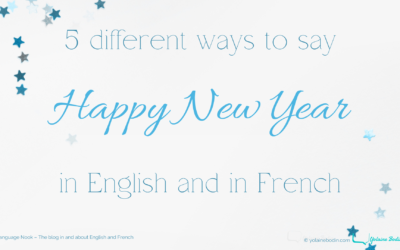Think of someone you know really well. You know them so well that you can anticipate their reactions; you know how this person will react in most situations.
Think of a place you know inside out, your area or your city. You know every nook and cranny of that place.
In English, you can say that you know a person or a place like the back of your hand. Isn’t that right! Don’t you know the back of your hand in its most minute details: the skin, the veins, every little crease and imperfection!
Here are a couple of examples in English:
- He knows Bristol like the back of his hand, he’s lived there ever since he was born.
- I was sure you’d say that, I know you like the back of my hand!
In French, when you know a person or a place that well, don’t refer to the back of your hand. Instead, talk about your pocket! Indeed, aren’t you supposed to know everything you have in your pockets? The content of your pocket is indeed intimate, like the relationship you need to have with a person or a place to know them so well.
So if you know a member of your family that well for instance, you will say that you know them like your pocket, in other words, in French, comme votre poche !
Here are examples in French now then:
- Il connaît Toulouse comme sa poche, il y vit depuis toujours.
- J’étais sûr que tu dirais ça, je te connais comme ma poche !
You may sometimes hear a variant of this idiomatic expression : connaître un lieu ou quelqu’un comme le fond de sa poche.
Careful with the spelling of fond, this one does not require a final s.
When should you not use these idioms? Both in English and in French, this idiomatic expression shouldn’t be used when you want to say that you know a text (a lesson, a poem, a book), a film, a maths formula… Only use these idioms to talk about a person or a place.
When you learn a foreign language, it is always important to learn words to expand your vocabulary, but it is also important to learn idiomatic expressions because they are extremely common.
There you are! Now you know a new idiom. Remember to use it in one of your future conversations in English or in French! 🙂





0 Comments